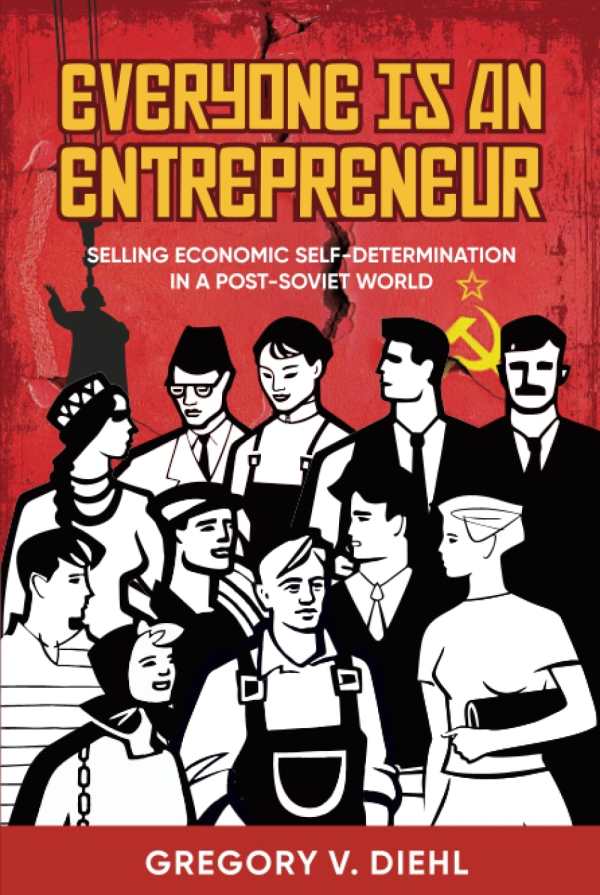Everyone Is an Entrepreneur
Selling Economic Self-Determination in a Post-Soviet World
Everyone Is an Entrepreneur is an intriguing economics text addressed to post-Soviet Bloc audiences who are interested in business development.
Gregory V. Diehl’s fascinating economics text Everyone Is an Entrepreneur encourages a shift toward a capitalistic mindset.
Addressed to those from the former Soviet Socialist Republics, where people were “conditioned by generations of restricted freedoms and fear-based incentives away from … proactive ideas” like wealth accumulation and self-fulfillment, this book argues that capitalism and entrepreneurship are good for people and societies. It roots itself in personal experiences, including in Diehl’s village life in Armenia, where his capitalistic mindset ran counter to the ideas of his neighbors, but where he still undertook several entrepreneurial enterprises.
This approachable work is organized to support its position that being an entrepreneur is a natural and important stance for people to embrace. It begins by explaining the basics of wealth and currencies before suggesting that becoming an entrepreneur leads to wealth generation. It says that capitalism and subsistence are both exercises in balancing risk, but it preferences capitalism, championing concepts of wealth, entrepreneurship, and success mindsets. Its pitch for this economic model is rooted in positive notions of value and profit. Here, an entrepreneur is “merely someone who produces or manages wealth in the form of subjective value.” The book also addresses culturally specific barriers to accepting its model and concludes by stressing some of the perils of capitalism, including schemes to turn fast profits, which it discourages engaging in.
Though its work is addressed to a niche market, the book’s coverage of economic topics and concerns is broad. Throughout, Diehl’s personal and business anecdotes are used to clarify each concept: his suggestion to start a village convenience store fell flat, he reports, because he was thinking about a customer base of tourists, not neighbors, who often got what they needed from each other. Such cultural insights hold singular interest in a way that the more familiar sections, which cover economic basics, cannot. The book’s references to communist propaganda have the same impact. In the end, its general lessons and more specific cultural ideas complement each other, resulting in a compelling picture of the changes wrought by economic shifts. Diehl ably captures a society that’s still adapting within the global marketplace.
Entrepreneurs, like all people, need to make informed choices, Diehl warns. Covering the problems and possibilities inherent to entrepreneurship, Everyone Is an Entrepreneur is an intriguing economics text addressed to post–Soviet Bloc audiences who are interested in business development.
Reviewed by
Jeremiah Rood
Disclosure: This article is not an endorsement, but a review. The publisher of this book provided free copies of the book and paid a small fee to have their book reviewed by a professional reviewer. Foreword Reviews and Clarion Reviews make no guarantee that the publisher will receive a positive review. Foreword Magazine, Inc. is disclosing this in accordance with the Federal Trade Commission’s 16 CFR, Part 255.

